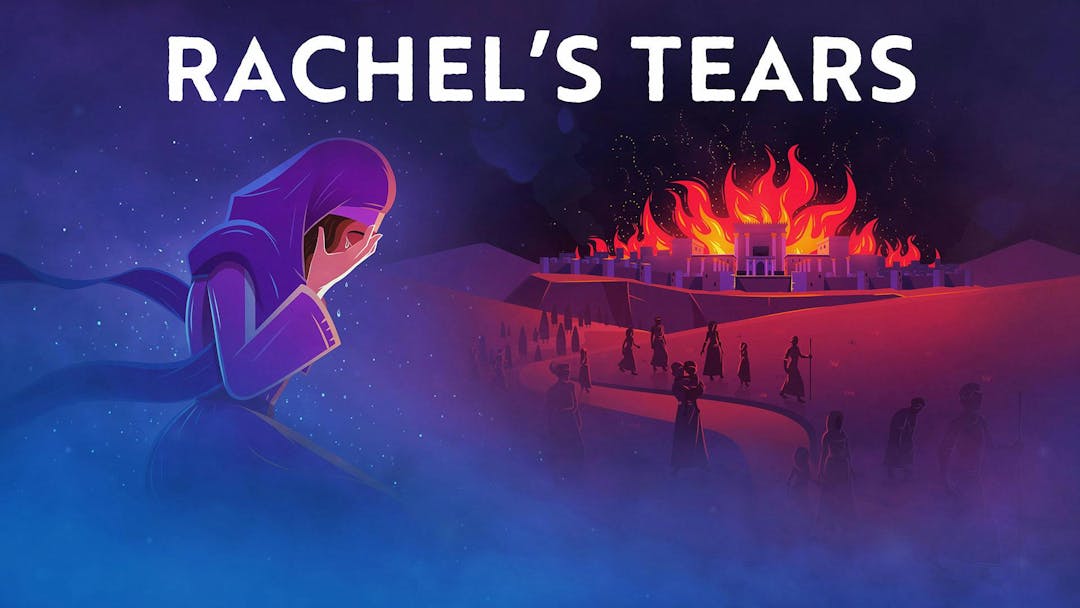Become a premium member today to unlock the full library with unlimited and uninterrupted access
Get StartedThe Hidden Meaning Behind Tzom Gedaliah
The History Of The Fast Of Gedaliah
Rosh Hashanah and Yom Kippur are two of the most powerful holidays of the Jewish calendar. But smack between them, we’re hit with… Tzom Gedaliah? Wait, what? Who? Gedaliah? Who was he again? A leader who was killed? And we fast because... It’s the day he died? It just seems so random – why do we have this fast day right after Rosh Hashanah? And why does this guy, who most of us have never heard about, get his own fast?
In this video, we’ll dive into the story and meaning of Gedaliah, and we’ll see that Tzom Gedaliah isn’t merely commemorating some tragedy that happened once upon a time. The story of Gedaliah represents a major turning point in our nation’s history. And, if we dig a bit deeper, we may discover another very well known story lurking just beneath the surface, that carries a critical and much needed message for our day and age.
Check out the full Tzom Gedaliah Guide and discover other great videos at Aleph Beta, including ‘How To Do Teshuva” and “The Two Trees In The Garden Of Eden”.
Want to watch the full video for free?
Enter your email and we’ll send you a link to watch the full series free.
What is Aleph Beta?
Aleph Beta is a unique kind of Torah library. Led by our founder, Rabbi David Fohrman, we are dedicated to high-level, textual Torah learning for adults that is intellectually and spiritually sophisticated, that enlivens your Jewish practice and helps you forge a deeper connection to God. Whether you’ve been learning in yeshiva for years or you’re just beginning your Torah journey, you’re sure to find something meaningful and surprising waiting for you here.
Browse our library of over 1,000 beautifully produced animated videos, podcasts, deep dive courses, and printable guides. Topics include the weekly parsha, Jewish holidays & fast days, laws & mitzvot, prayers, relationships, big philosophical ideas and more. Have something to say at the Shabbos table that will amaze your family and guests and bring deep meaning into their lives.









